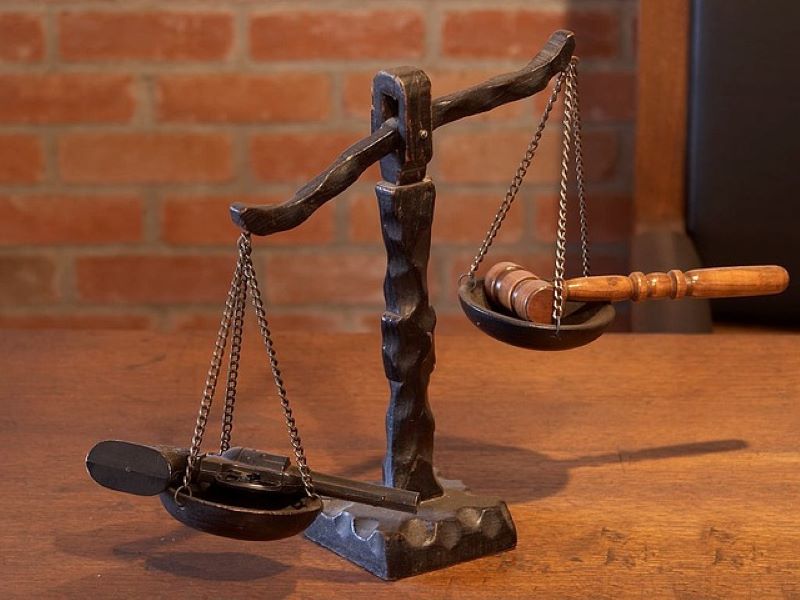
As 3 new criminal laws come into effect today, know about their key features
New Delhi/IBNS: India has completely overhauled its criminal justice system with the introduction of three new criminal laws that came into effect on Monday.
The Bharatiya Nyaya Sanhita (BNS) replaced the Indian Penal Code (IPC); Bharatiya Nagrik Suraksha Sanhita (BNSS) replaced the Code of Criminal Procedure (CrPC), and the Bharatiya Sakshya Adhiniyam (BSA) replaced the Indian Evidence Act.
The three laws were passed in Parliament in December 2023 and have been focused on justice rather than punishment. They are aimed at providing speedy justice, all the way, strengthening the judicial and court management system emphasising "access to justice by all".
The criminal justice system in India after Independence has not delivered the results due to certain inherent shortcomings including substandard investigation and prosecution, large pendency of criminal cases, delayed court proceedings, delay in disposal of cases, low conviction rate, and a large number of undertrial prisoners.
All these factors end up in the denial of justice to the common people.
Here are some key details about the new laws:
Check and balance on police powers
To prevent the misuse of provisions related to arrests by the police, the BNSS has introduced an additional obligation on the state government to designate a police officer who would be responsible for maintaining information on all arrests and who arrested them.
The clause requires such information to be displayed prominently in every police station and the district headquarters.
Fighting crime against women
The BNS introduces a transformative approach to reporting of crime against women through electronic First Information Reports (e-FIRs). This helps in the fast reporting of offences that need immediate attention.
The digital platform allows swift reporting, overcoming traditional barriers, and reflects the essence of established legal principles emphasising timely reporting.
Judicial precedents, including the Harpal Singh case (1981), resonate in recognising societal factors influencing reporting delays. The electronic platform offers a discreet way for survivors to report offences. This aligns with the evolving socio-legal approach to empowering survivors to navigate the legal process without fear of stigma.
Reducing overcrowding in prisons
The maximum period of detention for undertrials has been reduced for first-time offenders under certain circumstances, and the jail superintendent has been legally empowered to help the accused or undertrials in applying for bail.
A first-time offender (never convicted of any offence in the past) will be released on bail if the person has undergone a third of the maximum sentence prescribed.
Technology
The BNSS has introduced the use of technology at all stages, from crime scene visits to Investigations to trials. It is a game-changer as it will ensure a faster trial and ensure transparency in the investigation.
The inclusion of technology and forensics in the investigation is a significant move geared towards modernising the criminal justice system and harnessing the strength of modern scientific technologies.
The three new laws received Indian Parliament's nod on December 21, 2023 and President Droupadi Murmu gave her assent on December 25, 2023.
The new laws came to effect just weeks after PM Narendra Modi returned to power for the third straight term.
Chief Justice DY Chandrachud recently praised the introduction of three fresh criminal laws by describing it as a crucial moment for Indian society.
CJI Chandrachud underscored that these new laws mark a significant stride in the modernisation of the nation's justice system.
"The three new legislations will help in detecting the loopholes in the criminal justice system which has to be addressed," the CJI said.
Support Our Journalism
We cannot do without you.. your contribution supports unbiased journalism
IBNS is not driven by any ism- not wokeism, not racism, not skewed secularism, not hyper right-wing or left liberal ideals, nor by any hardline religious beliefs or hyper nationalism. We want to serve you good old objective news, as they are. We do not judge or preach. We let people decide for themselves. We only try to present factual and well-sourced news.







